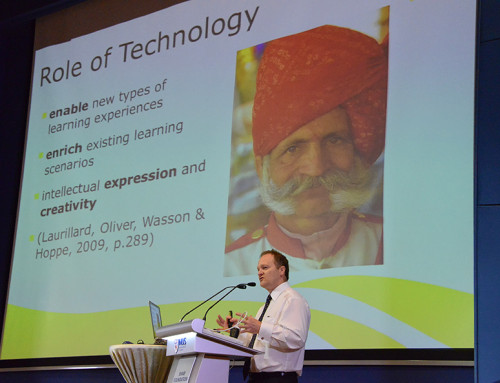It is wonderful to see that research into teaching and learning is being recognised as a “serious area of research int its own right”
The morphing of the defunct Australian Learning and Teaching Council into a federal government office may prove a blessing in disguise for the status of teaching research. The new Office for Learning and Teaching, which succeeded the ALTC after budget cuts shut it down last year, has done what the ALTC never did and formally applied for its grants and fellowships to be accorded category-one status. That would put them on the same scale as Australian Research Council grants, boosting the status of OLT grants both as markers for promotion and as sources of research infrastructure block grant money.
James Cook University Deputy Vice-Chancellor (Academic) Sally Kift said the move was long overdue. Professor Kift said there had always been a perception that the ALTC was wary of lobbying for category-one status because, if successful, it might have been folded into the ARC. She said just as OLT grants had to demonstrate impact on teaching and learning, so should ARC grants. “If the teaching-research nexus exists, then I would have thought ARC grants should demonstrate how research grants feed back into teaching programs, but there is no requirement about that,” Professor Kift said.
Deakin University Vice-Chancellor Jane den Hollander, a member of the OLT advisory committee, said the field had matured into a highly competitive and globally recognised discipline that now deserved category-one status. “We are no longer a cottage industry. Teaching is serious area of research in its own right,” Professor den Hollander said. “It isn’t a second-class area, it is part of the core business of higher education.”
Australian National University Deputy Vice-Chancellor (Academic) Marnie Hughes-Warrington believed category-one status for OLT grants was “a question of when, not if”, noting that grants were highly competitive, with success rates of about 20 per cent, comparable to the ARC. She described it as the most significant development in learning and teaching research in a decade. Professor Kift said long-held biases in universities still existed. “People are actively dissuaded from engaging in pedagogical research because it has been considered to be of a lower status,” she said. “For too long there has been this tired divide between the status of research funding and learning and teaching funding.”






Leave A Comment